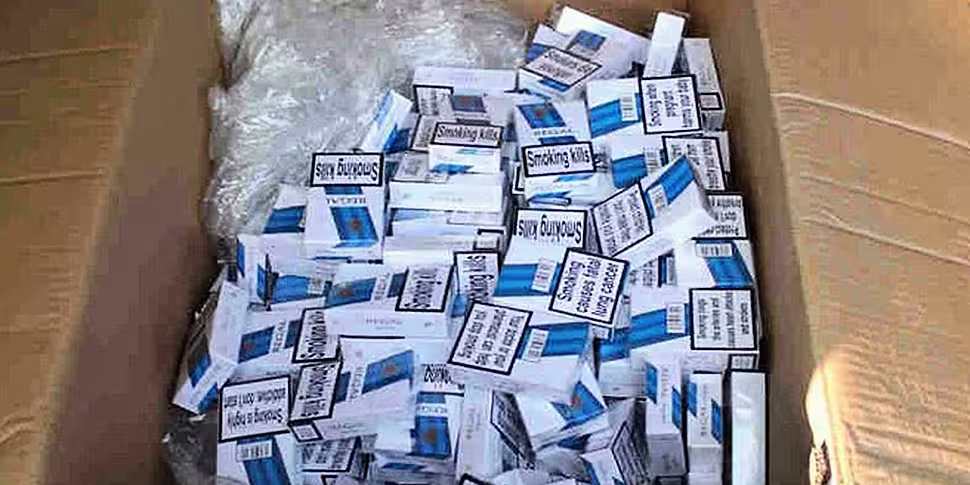Counterfeit and illicit goods are costing Ireland over €3 billion a year. A new report on illicit trade by business advisory firm Grant Thornton shows that 1-in-3 people buy fake DVDs and 1-in-4 purchase counterfeit tobacco products.
The International Monetary Fund (IMF) estimates that worldwide, money laundering costs between 2% and 5% of Gross Domestic Product (GDP) which would mean between €3.1 billion and €7.8 billion in Ireland.
Illicit fuel and tobacco are most prevalent along with movies, music and pharmaceuticals.
The report says the costs incurred to the economy from money laundering includes "the loss of government revenue from taxation on counterfeit fuel, alcohol and tobacco and the cost of enforcement of legislation through money spent on Gardai and regulatory bodies".
Report author Brendan Foster said "Our research estimates that illicit trade in fuel and tobacco alone is as much as €337 million, with much of this going into criminals’ pockets".

"Money laundering allows these illegal proceeds to penetrate the legitimate financial system. New threats such as the unregulated nature of payments with virtual currencies such as Bitcoin also pose new challenges to controlling what is a global problem" he added.
The report also finds that large numbers of Irish consumers are knowingly buying counterfeit alcohol, cigarettes and music.
Research for the report carried out by Amárach Research polled the views of 1,000 consumers and 20 retailers on the issue of illicit trade. It found widespread recognition that it is a growing problem:
- In all cases price was the main reason for purchasing illicit goods: digital (70%), cigarettes (87%), and pharmaceuticals (59%)
- Consumers find it easy to access illicit goods: fuel (41%), pharmaceuticals (54%) cigarettes (77%)
- 74% of retailers believe organised crime is involved in fuel laundering
- 72% of retailers think the government response to the threat of illicit trade has been too little
The report builds on a similar study conducted last year - which found that illicit trade in in the retail sector was costing the Irish economy as much as €1.48 billion per year.









